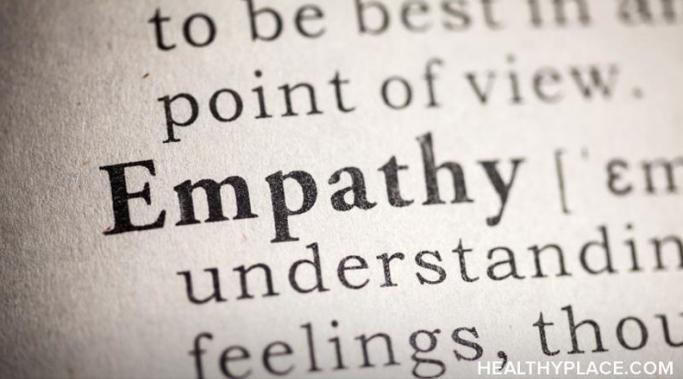Conflict resolution skills are important because interpersonal conflict can be tricky, but there are simple skills you can use to resolve conflict with ease. Recently, I employed my best conflict resolution skills when I accompanied my sister to her wedding dress fitting. Anyone who has planned a wedding knows how stressful it can be. There is so much pressure to put it all together, and emotions can run high. It is helpful to expect some conflict and to be prepared to use healthy conflict resolution skills.
Self-improvement - Living a Blissful Life
You most likely experienced a trauma trigger if you have ever experienced a strong emotional response to a person or event that seemed disproportionate to the situation. Most people experience trauma triggers, often without conscious awareness. When we don't know how to identify our triggers, they can interfere with our happiness. A trigger occurs when you encounter someone or something in your environment that reminds you of a traumatic experience from your past. It doesn't have to be a significant trauma. Any reminder of a painful event you haven't fully resolved might manifest in your life as a trigger, and it can limit your ability to create happiness.
Using sensitive suicide-related words can uplift those who are struggling; conversely, insensitive words, however well-intended, can cause further pain. Most people often find great difficulty in discussing suicide; especially in these delicate situations, suicide-related words exert immense power.
Self-compassion practices are often overlooked in our discussion of self-care. Most of us acknowledge the importance of engaging in self-care to maintain our physical, mental, and emotional wellness. When we talk about self-care, we often refer to engaging in fun, or relaxing activities. While that is certainly an important aspect of self-care, there is another equally important element that we often ignore: self-compassion practices are also part of self-care.
How are happiness and creativity linked? Being creative can make you happier, especially in a life where many of us feel our lives are over-structured. We’re generally working or looking for work during certain hours, expected time with friends and family at other times, and even eat or sleep at fairly regular intervals. Our minds can become fatigued with these patterns, which is why vacations feel so refreshing; we get to interrupt those strict guidelines and do whatever we want for some time. Creativity creates happiness.
How should you respond when a friend talks to you about his mental health support needs? Those who receive this invitation may feel some mixed emotions, so I'd like to address those feelings. You can handle requests for the mental health support needs of your friends in different ways.
"Me time" activities are important for your happiness and health. They can be an opportunity for reflection, a break for self-care, a respite from socializing, or simply the expression of an introverted nature. However, for many people like me, me time can easily become a contributing factor for depression. Isolation is one of the more dangerous symptoms of mental illness because it encourages cyclical thoughts and keeps us from recognizing the love in our lives.
Whether your difficulty lies in being on time for work, being on time for school, or just being on time for a lunch with a friend, it can often feel like you're just someone who can't be punctual. Being late can even affect your experience of life by increasing your feelings of stress in traffic (potentially creating road rage) or your meetings even after you arrive.
Online arguments can be so tempting at times. I admit it: I hadn’t slept, couldn’t stop crying over the US’s most recent traumatic event, and had a short fuse, so I went online. I made some legitimately informative remarks on a stranger’s comment but added sarcasm. I stirred things up. And I regret it, because not only was my point lost, I’m now left obsessing over that conversation, while I’m sure nobody else is. Online arguments can often be damaging to our enjoyment of life.
Many factors can cause you to be stressed at work. Unfriendly coworkers, unnecessary regulations, difficult clients, and long hours all potentially release stress and anxiety chemicals, which, without intervention, can affect our entire day. But you can cut down on feeling stressed at work.









